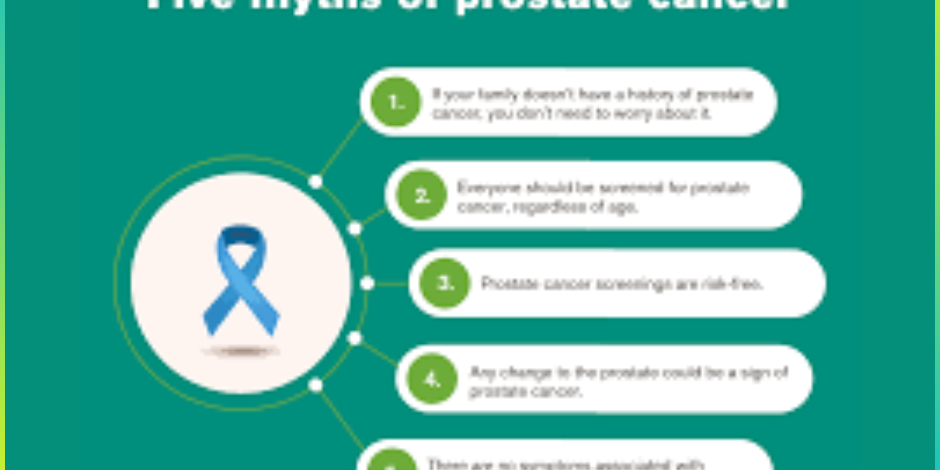Prostate cancer is one of the most common cancers among men, yet it is shrouded in myths and misconceptions that can lead to unnecessary fear or inadequate care. To help clear up the confusion, Dr. Pawan Rahangdale, a leading urologist and prostate cancer specialist in Pune, debunks five common myths about prostate cancer.
Myth 1: Prostate Cancer Only Affects Older Men
Reality: While it is true that prostate cancer is more common in men over the age of 50, it can also affect younger men, especially those with a family history of the disease. Regular screenings starting at age 40 or earlier for high-risk individuals can help detect prostate cancer in its early stages.
Myth 2: Prostate Cancer Always Causes Symptoms
Reality: Prostate cancer often develops silently, especially in its early stages. Symptoms such as difficulty urinating, frequent urination at night, or blood in the urine may appear only when the cancer has progressed. Regular check-ups, including prostate-specific antigen (PSA) tests, are crucial for early detection.
Myth 3: A High PSA Level Always Means Prostate Cancer
Reality: While elevated PSA levels can indicate prostate cancer, they can also be caused by other conditions such as an enlarged prostate (benign prostatic hyperplasia) or prostatitis (inflammation of the prostate). Dr. Rahangdale emphasizes the importance of additional diagnostic tests, such as MRI or biopsy, to confirm the presence of cancer.
Myth 4: Prostate Cancer Grows Slowly and Doesn’t Need Immediate Treatment
Reality: Although some types of prostate cancer grow slowly, others can be aggressive and life-threatening. Treatment decisions should be personalized based on the cancer’s grade, stage, and the patient’s overall health. Active surveillance is an option for some, but others may require immediate intervention, such as surgery or radiation therapy.
Myth 5: Prostate Cancer Treatment Always Leads to Impotence and Incontinence
Reality: Advances in prostate cancer treatments have significantly reduced the risks of side effects like erectile dysfunction and urinary incontinence. Techniques such as nerve-sparing surgery and precise radiation therapy aim to preserve quality of life while effectively treating cancer. Discussing concerns with a specialist like Dr. Rahangdale can help address these fears.
Conclusion
Understanding the facts about prostate cancer is essential for making informed decisions about prevention, screening, and treatment. Dr. Pawan Rahangdale encourages men to consult a specialist for regular screenings and to dispel any misconceptions that may hinder early detection and care.
If you have questions or concerns about prostate health, schedule an appointment with Dr. Pawan Rahangdale at Urovision Urology Care Clinic in Pune. Early detection can save lives!

